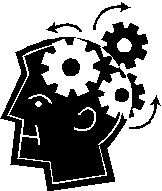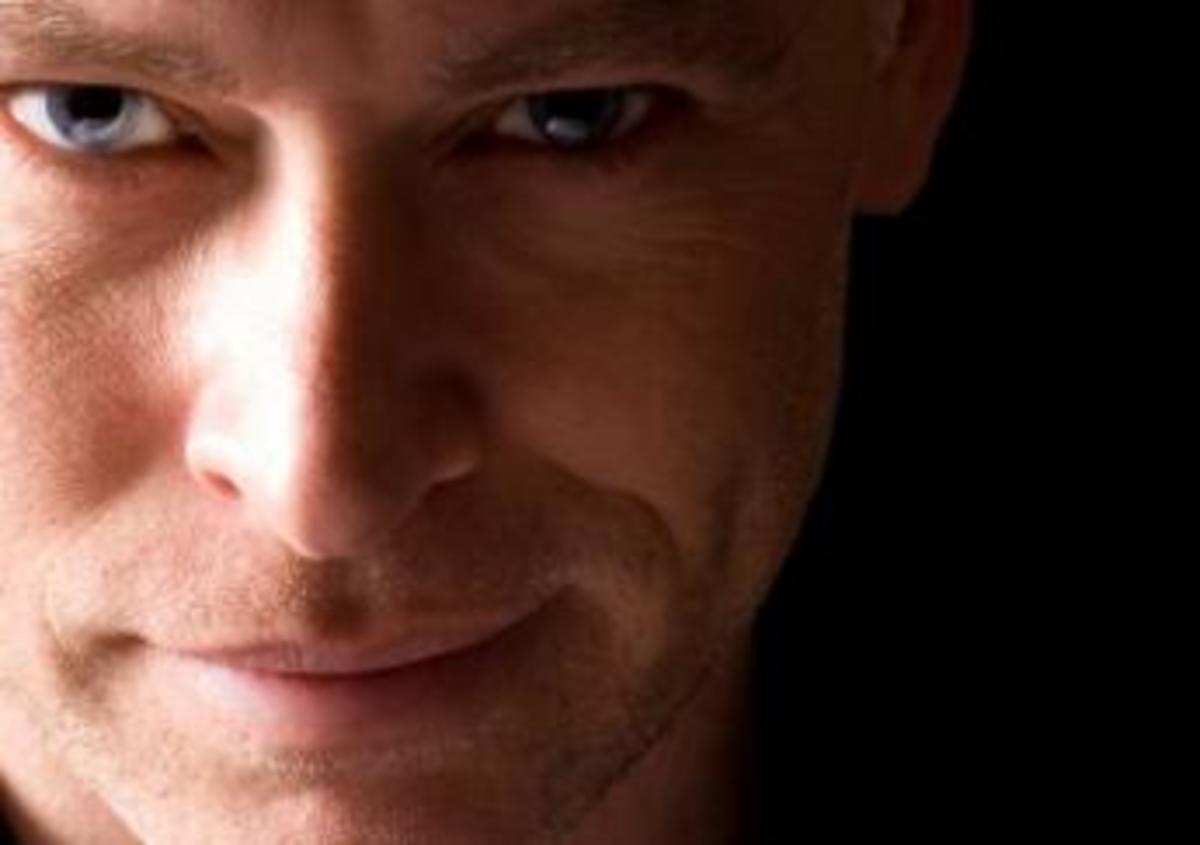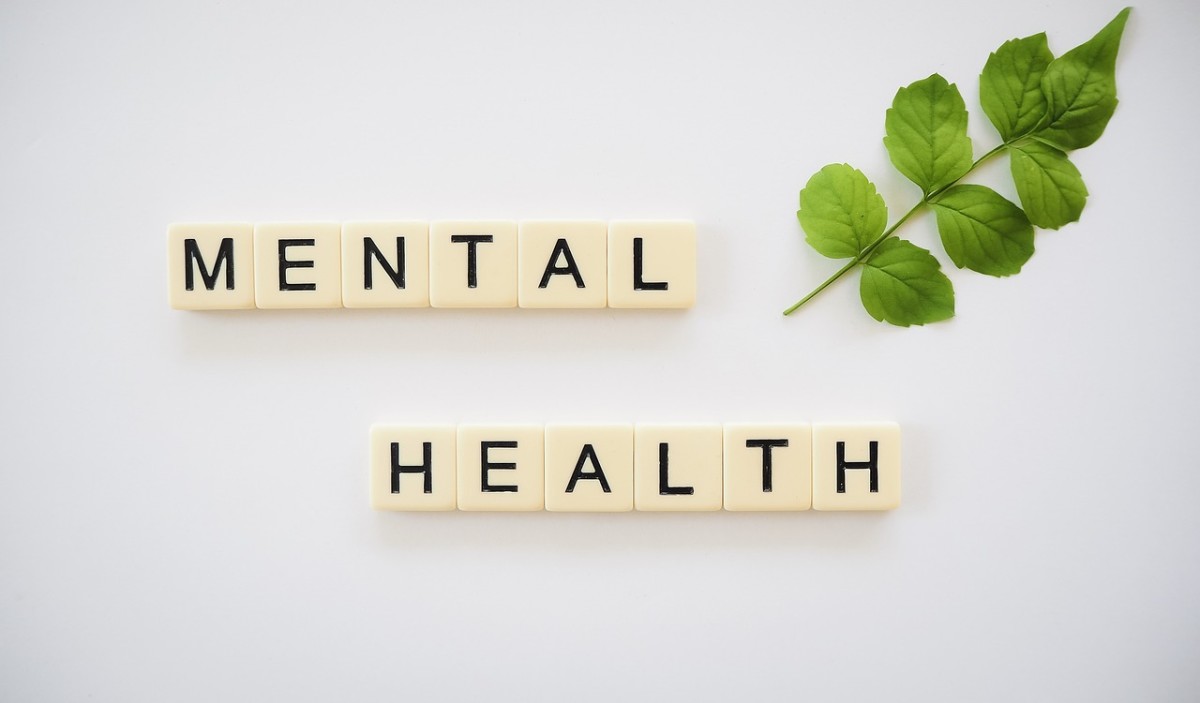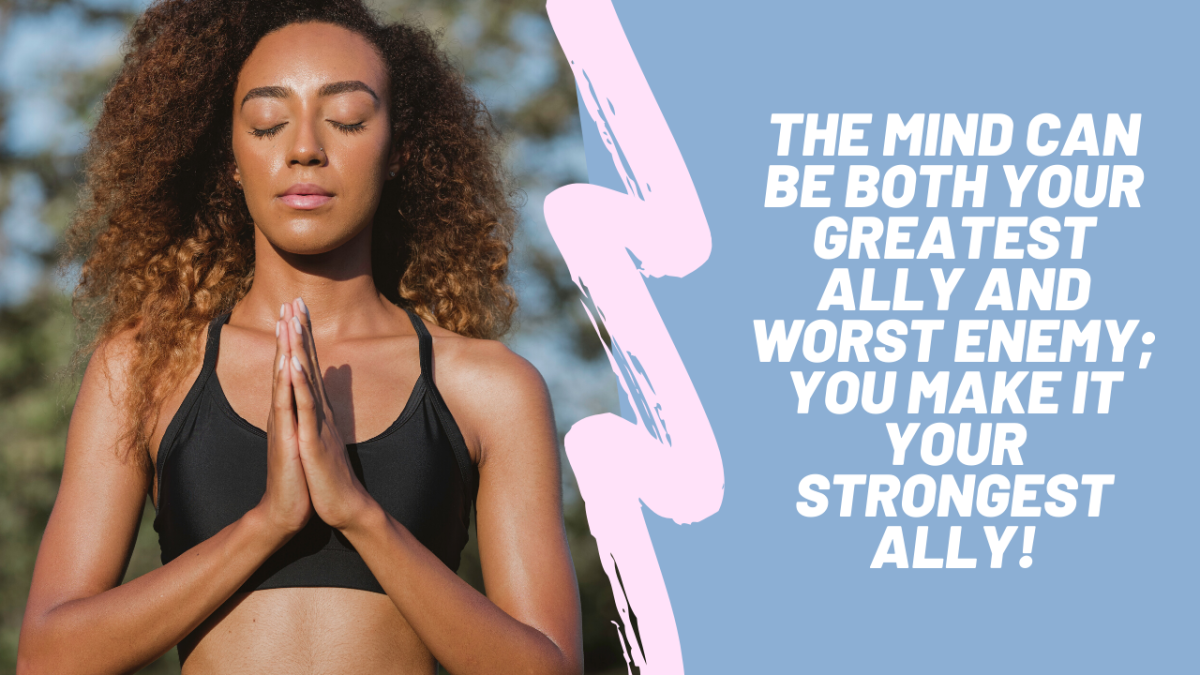- HubPages»
- Health»
- Quality of Life & Wellness»
- Personal Development
Reclaiming Your Personal Power

Hello, My Name Is...
I originally developed this exercise for a friend who was struggling with low-self esteem and some identity issues. She had gained some extra weight after having her second child and had trouble shedding the pounds. During that time, her husband started putting her down emotionally and eventually began cheating on her. She went through a somewhat nasty divorce and, by the time I met her, was working full-time as a single mother while struggling to piece her life back together and figure out who she was again. I wrote this exercise for her personally because when I asked her qualities about herself, she couldn’t think of even one good thing to say. She used it and said it was very helpful to her, especially the part where she got feedback from all her family and friends about what qualities they saw in her. It brought her some healing. Perhaps it could bring some knowledge and healing to you too.
Knowing Who You Are
You have to accept being a Nobody before you ever become a Somebody. Otherwise, you will think yourself more important than you actually are. This sense of over-importance will lead you into the trap of believing you deserve more than the person standing below you when it comes to love and happiness and less when it comes to hardship and misery. The reality is that each person has the same right to love and happiness as you do and each life is filled with its own share of sorrow too.
Expanding on the Thought
Have you ever noticed how consumed we are with success? How focused we are on failure? What if we lived in a world where instead of striving for an ideal life beyond our means, we focused on becoming our meant-to-be selves? Can you imagine how wonderful it would feel to look in the mirror each day with a genuine smile of acceptance on your face and say, “Yup. That’s me. That’s exactly who I was created to be.”
So how do we get there? How do we get to that place beyond our shortcomings, our faults, our perceived failures, and our never-will-be’s?

Mind Bender: A Mental Exercise
I find it strangely disproportionate that so many people will work out their bodies while neglecting to work out their minds. It’s important to exercise the body and the mind as well as the spirit.
In this exercise, you must focus on learning to just be okay with who you actually are. There are no negatives or positives in who you are. Who you are is who you are. It is the combination of your faults and failings, strengths and successes, and natural traits that make up the unique YOU.
1. Make a list with the heading “Achievement.” Things you’ve accomplished that you feel make you a Somebody. Now take a minute to reflect on each item on the list acknowledging how they make you feel and write down the emotion or describe the feeling as best you can next to the achievement.
2. Now make a separate list with the heading “Identity.” Make a list of one-word qualities that make you who you are. Do not put a positive or negative value on words (for example words such as “spontaneous” or “sensitive” can be seen in either a positive or negative light depending on the way you use those traits in your everyday life). Just be as honest with yourself as you possibly can and list those things that you truly feel make up the REAL you. *The catch is you can’t use anything from your achievement list.* Next to those qualities, take a moment to define how you feel about each one.
3. Once you have come up with at least ten qualities, take a moment to evaluate the process. Was it hard to think of ten? Was it easy to come up with more than ten?

Results of Your Mental Exercise
1. If it was hard to think of ten qualities outside of your achievements, this may mean that you’re too focused on the external and are allowing life events to decide your personal happiness. You are giving your personal power away by letting outside factors determine who you get to be each day.
2. If it was easy to think of more than ten, it could be that you have a healthy viewpoint of yourself and that you are developing your personal power by focusing inward on strengthening your traits rather than allowing the superficial day to day of what you do dictate who you are as a relevant human being.
3. Take a look at your qualities again. Are they traits that make up the deepest core of who you are (I am kind, giving, loving, nurturing, and generous) or are they superficial actions, societal roles, or achievement-oriented descriptions (I am a mom, a sister, a friend, and a good worker. I saved a nest of squirrels when I was twelve. I have a college degree, etc)?

This is Where the Real Work Begins
Anyone can be “a friend” or “a mom.” Anyone can do the occasional heroic thing. Most people succeed at something. What makes a person unique is not what they are, but how they choose to be what they are. Reclaiming your personal power means recognizing what makes you both ordinary and special within your life’s roles and realizing how much identity you have wrapped up in them. Let’s say you are a single mom. What does this mean to you? How much do you identify with this description? Sometimes when we identify too much with a description of ourselves we end up using it as an excuse to be less than who we really are or should become. For example, a woman could say, “Well, I’m a single mom so I don’t have time to be pretty or look nice. Therefore, I am unattractive.” Here, the woman is identifying so much with her role that she is forfeiting a quality that she could very well possess—attractiveness.
If you find yourself in this same mental trap, you have to work at flipping the thought around in your head. This woman should say, “I am a single mother, but I am also attractive. When I take the time to dress up or unwind, my attractiveness shines through even when I’m tired.” *Half the battle is in believing what you say to yourself and the other half is in saying the right things to yourself.
Imagine that you are this woman thinking these two thoughts. If you were thinking you don’t have time to be pretty or look nice, what do you think the consequences of that thought would be? How would you behave? (It is important to remember that our thoughts steer our feelings and guide our behaviors) On the other hand, if you allowed yourself to think you were attractive, don’t you think you would then become more attractive?

The Importance of Forming New Habits
It is not only important for us to learn new things about ourselves. We must also develop new mental habits along the way that keep us empowered. Sometimes those habits are all in the mind, sometimes they are linked outwardly and expressed in our behaviors as well.
In your self-evaluation, did you find yourself identifying too much with your achievements?
1. Then your new habit is to learn to fail or learn to be okay with just being in the moment you are in. You could take up a new hobby or sport with the only goal being to enjoy what you learn from it as opposed to mastering it altogether. You must first identify what makes you feel like a failure, then learn to be okay with it. Sometimes it helps to push yourself out of your comfort zone and do something you know you would normally fail at or would feel like a failure doing. For example, a person who feels inadequate when they are alone, should force him or herself to do things alone sometimes such as taking themselves to dinner and a movie without any other company.
2. You could also get some perspective by offering help to someone you wouldn’t normally associate with or just having a conversation with and befriending someone from a different walk of life. The key to this is in setting aside your ego and going into the situation with the intent of learning from it with an open mind. Sometimes it helps to identify a prejudice in yourself and find someone who fits that profile, then get to know that person with an open mind. A person who has issues with his or her weight might strike up a conversation with a personal trainer or a fit person and find out what they do to stay slim and see what that person’s own body issues are. This will help you to see that no one is truly better off than anyone else.
In your self-evaluation, did you find that you identify yourself too much by your roles in life?
1. Then your new habit is to become conscious of those thoughts, flip them around, and begin to live your life expressed through your unique traits instead of through the labels that society has placed onto you. If you believe yourself to be “a kind person,” for instance, then focus each day on developing kindness and being kind throughout your various roles of friend, parent, or worker instead of only reacting to what happens to you in those roles. Have you ever heard someone say, “I hate who I become when I have to do this or that”? That phrase signifies a giving away of personal power. YOU get to choose who you are at all times, regardless of the roles placed on you.
2. If you find your problem is in believing in who you are, it may help to get some perspective from external sources. Take a sheet of paper and go around to your friends and family and ask them to each write down three qualities they see in you. Ask them to be truthful. Use that feedback in a positive way to then begin believing what you already sense in your heart you are. Learn to be kind to yourself. Look in the mirror each day and give yourself a big smile. It may even help to tell yourself aloud, “I love you.”
Let Me Know!
I did this exercise and found it...
© 2013 maramerce








